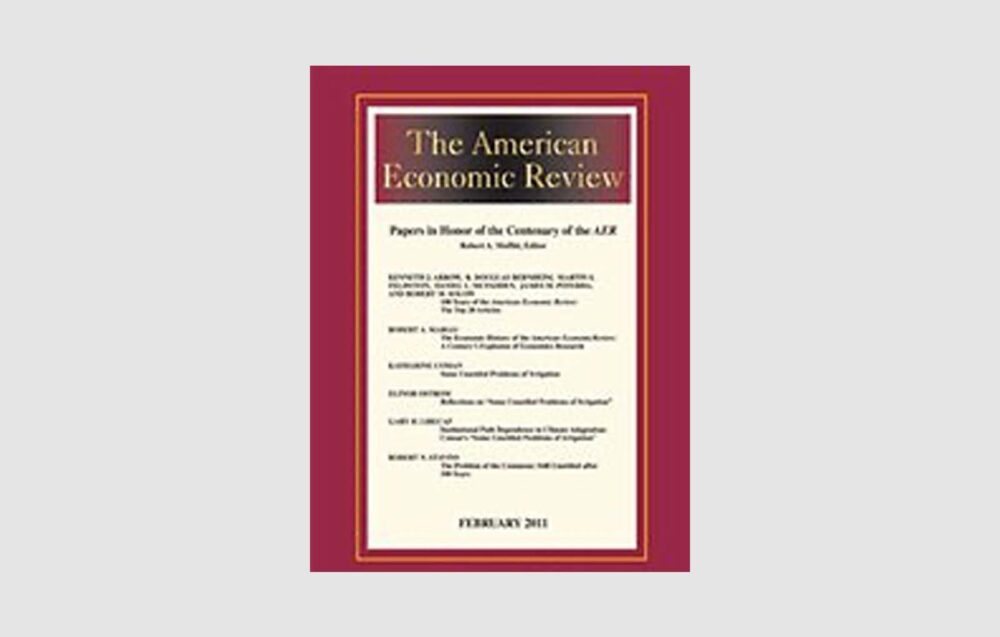We compare single round vs runoff elections under plurality rule, allowing for partly endogenous party formation. Under runoff elections, the number of political candidates is larger, but the influence of extremist voters on equilibrium policy and hence policy volatility is smaller, because the bargaining power of the political extremes is reduced compared to single round elections. The predictions on the number of candidates and on policy volatility are confirmed by evidence from a regression discontinuity design in Italy, where cities above 15,000 inhabitants elect the mayor with a runoff system, while those below hold single round elections.
Moderating Political Extremism: Single Round vs. Runoff Elections under Plurality Rule
Joint with Massimo Bordignon and Guido Tabellini
